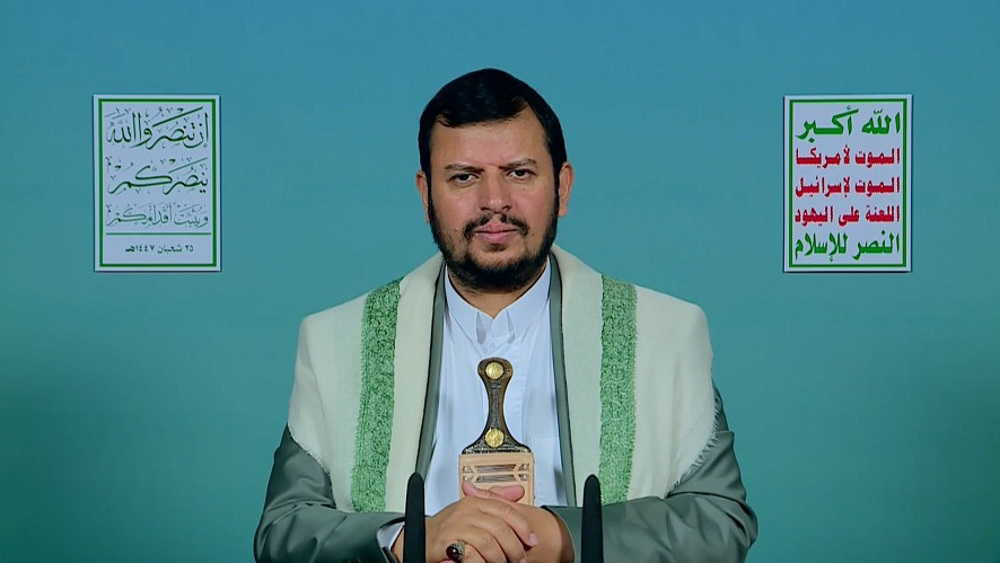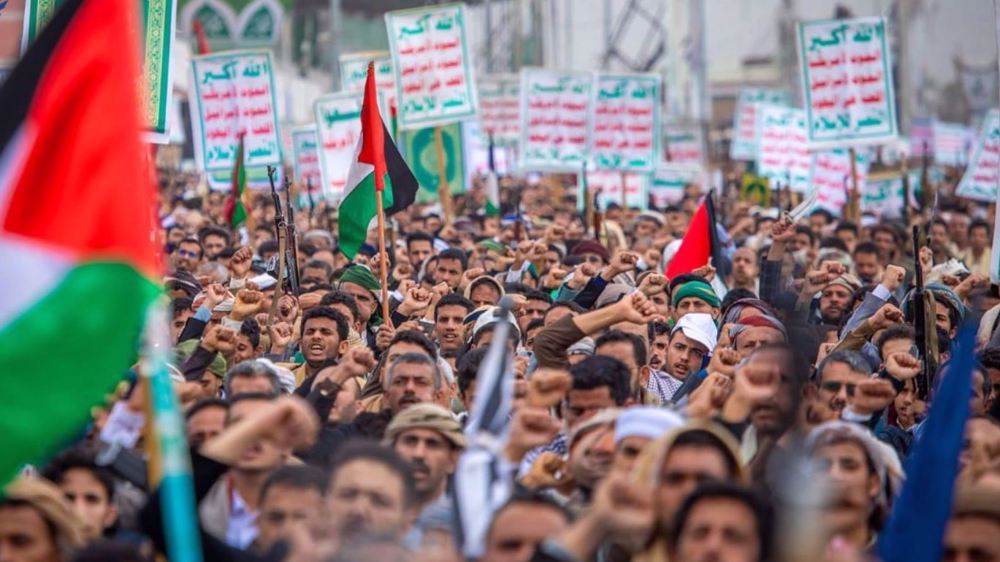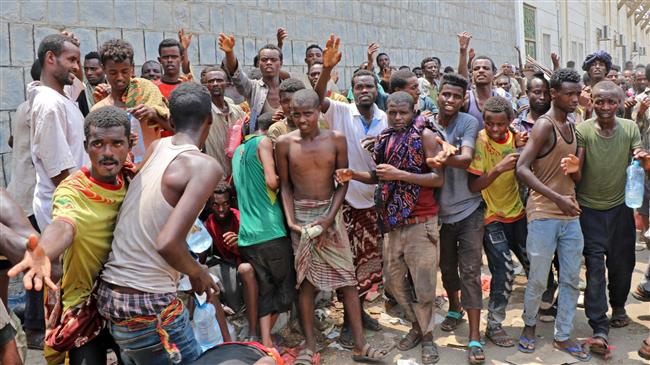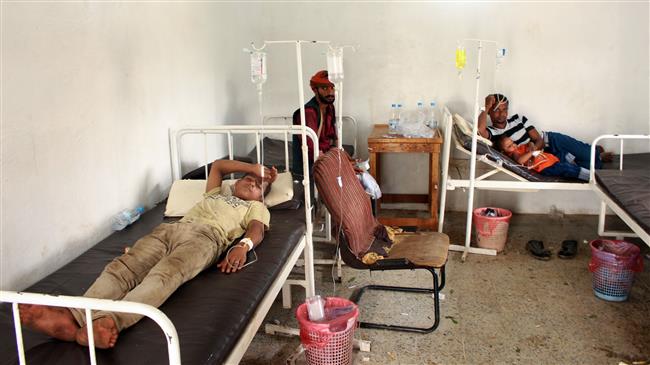Yemeni forces reject UN claim about decrease in Saudi strikes
The spokesman for the Yemeni armed forces has rejected a statement made by the UN’s Yemen envoy that Saudi airstrikes in the impoverished country are now down 80 percent.
“The remarks come as the Saudis have carried out more than 12 airstrikes in the last two days,” Brigadier General Yahya Saree said on Friday.
His remarks came after United Nations Yemen envoy Martin Griffiths claimed earlier Friday that Saudi airstrikes in Yemen had dramatically decreased.
"In recent weeks, there have been entire 48-hour periods without airstrikes for the first time since the conflict began," Griffiths said.
"There were almost 80% fewer airstrikes nationwide than in the two weeks prior,” Griffiths told the UN Security Council by video conference from his office in Amman.
The Saudi airstrikes continue even as Yemen’s voluntary bid to cease missile and drone strikes against the kingdom has held for two months, according to Griffiths.
In September, president of the Supreme Political Council in the Yemeni capital Mahdi al-Mashat said that Yemen’s armed forces, led by the Houthi Ansarullah movement, would conditionally stop drone and missile attacks as part of a peace gesture.
“We will wait for the favor to be returned with a similar or even better one by [Saudi Arabia] announcing a halt to all sorts of air strikes against Yemeni territories,” he said.
Nearly a week later, however, al-Mashat expressed regret that the Saudis "irresponsibly" continued to pound various parts of Yemen.
The Yemeni peace proposal came almost a week after Houghi fighters and their allies carried out a devastating attack on two Saudi oil facilities.
Despite continued Saudi airstrikes on Yemen, observers believe the raid, which was the latest of increasingly sophisticated retaliatory Yemeni attacks against Saudi Arabia, played a role in shifting Riyadh’s approach towards Yemen.
Reports have since emerged showing that Riyadh, which launched the war in 2015 in a bid to install an allied government in Sana’a and crush Ansarullah, has been seeking to negotiate an end to what has turned into a “quagmire” for the kingdom.
The Saudi war has claimed more than 100,000 lives, not counting deaths due to indirect causes, according to the US-based Armed Conflict Location and Event Data Project (ACLED), a nonprofit conflict-research organization.
The Saudi invasion has also taken a heavy toll on the country’s infrastructure, destroying hospitals, schools, and factories.
The UN says over 24 million Yemenis are in dire need of humanitarian aid, including 10 million suffering from extreme levels of hunger.
VIDEO | 39th AU summit opens in Addis Ababa with focus on water security, peace, and development
VIDEO | Iran: The stronghold Washington lost
Anti-Iran ‘Munich circus’ shows Europe has lost geopolitical weight: Araghchi
Swiss to act as venue of next round of Iran-US talks: Report
Report: Over 50,000 soldiers fighting in Israeli military hold foreign citizenship
Danish PM warns US attack on Greenland would spell end of NATO
Power running out at key Gaza hospital, ICU patients at risk: Report
VIDEO | Press TV's news headlines


















 This makes it easy to access the Press TV website
This makes it easy to access the Press TV website